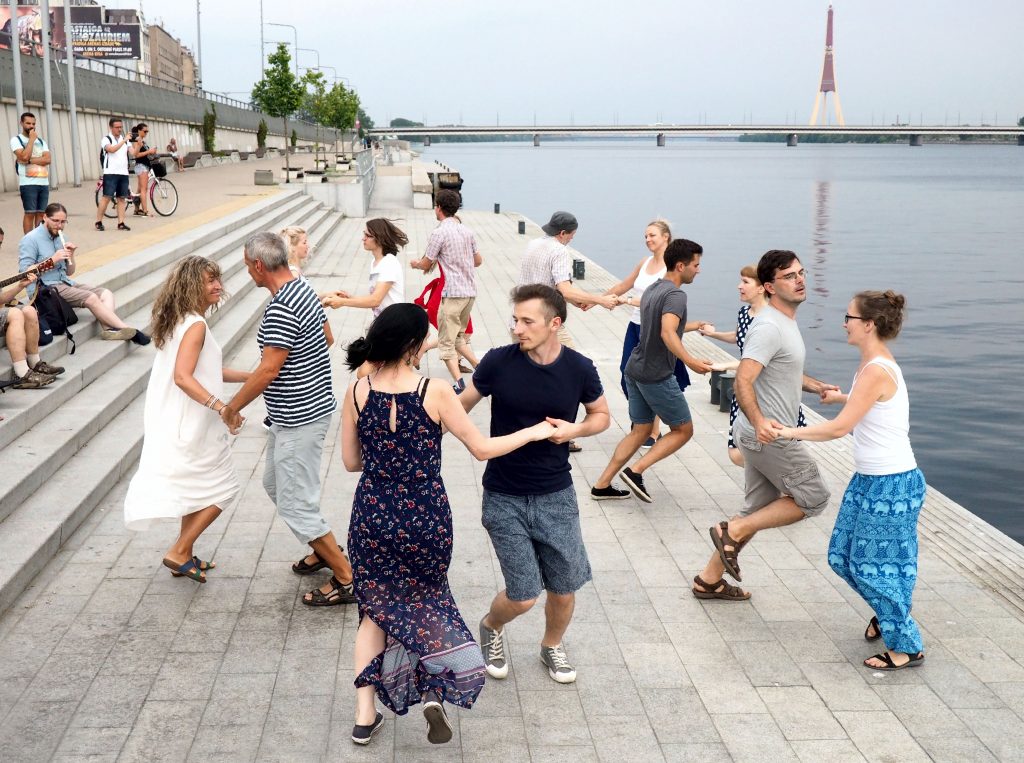
On 4 December 2021 at 13.00 was given assurances regarding the inclusion of the value of intangible cultural heritage in the National Intangible Cultural Heritage List of Latvia. In a formal ceremony in Vilaka Cultural House, the attestations were received by the applicants in 2020 and in 2021.
For inclusion in the National Intangible Cultural Heritage List, five values were confirmed at the end of 2020:
- May singing services by wayside crosses in Northern Latgale (applicant Vilaka municipality municipality)
- Knitting of patterned double mittens in Mazsalaca (Applicant Mazsalacas Cultural House)
- Skill of the glass bladder in Livans (Applicant Livani municipality council Latgale art and craft centre)
- The tradition of building and playing the towel (The applicant “Skaņumai”)
- Weawing with the Peteris Viļumsons’ rapier-type looms (Applicant SIA “mailboxes factory”).
For inclusion in the National Intangible Cultural Heritage List, six values are confirmed in 2021:
- Traditions and skills of knitting Latvian ethnographic mittens (Applicant's People's Chat Centre “ancient rock”)
- Crumbs in Sturneen. Traditional psalm and funeral singing in Stirniene (Applicant Stirnienes Friends Society)
- Latvian card game zolte (pieteicējs Martins)
- “Puzuri” and the craft of making them in Jelgava (applicant for the “culture” of the municipality of Jelgava)
- The Weaving of Patterned Zemgale Skirts Using Drawlooms. (Applicant SIA “Austras articles”)
- Dancing tradition in Riga (the applicant's association “traditional cultural centre”).
More information on values can be read www.nematerialakultura.lv.
Vilaka has been selected as the venue for the ceremony because of the first application FOR THE SNA list in 2017, as well as because of the fact that four of the 30 values are presented directly from the Vilnius municipality.
The Intangible Cultural Heritage List provides for the establishment of an Intangible Cultural Heritage Act adopted in 2016. This is a framework for the development of the environment and conditions necessary for the conservation of intangible cultural heritage.
